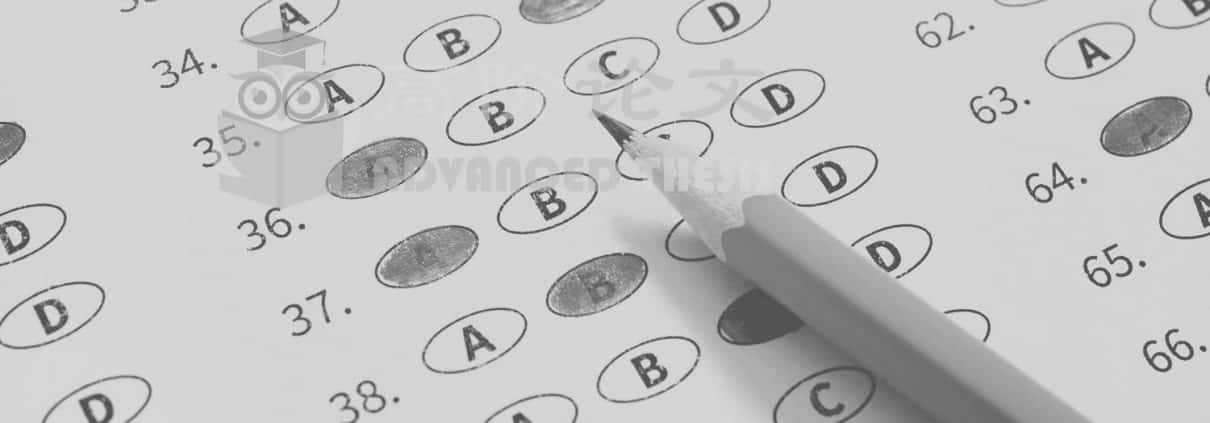论文代写价格:什么是感知过程
论文代写价格:什么是感知过程
即使有各种各样的方法来解释,知觉过程阶段,心理学家基本上是按照三个阶段来解释的。最初是感官上的灵感;例如,香水的味道会让人想起青春。在这种情况下,一个领导者过去的经历会影响他现在的反应。感知过程的下一个阶段是大脑中激励的分组;即。(Luthans, 2010)。这是一个过程,在这个过程中,每个人都试图以一种他们认为合理的方式来安排事情。感知过程的第三阶段,也是最终阶段,包括理解和传达已经引发的信念,通常包括一种表达性的反应,比如对蛋糕的香味感到高兴,或者听到一首可能与过去有关的歌曲时感到悲伤。
论文代写价格:什么是感知过程
感知的整个过程表明,在企业中,失望是存在的,因为经理们没有注意到工人们说了什么,但是他们期望他们说什么(Patzer和Voegtlin, 2010)。另一种情况是,除了预期之外,员工们不会注意他们的领导说了什么。在这里,是知觉过程选择到达的刺激,并把它们安排成重要的模型。研究还发现,这种分配受到学习、灵感和行为方面的影响,而这些方面会提高预期。连续地,这些期望使人们对特定刺激的反应能力很强,而对其他情况的反应能力较差。根据Furnham(2014),这种反应的意愿被称为人的感性集合。
论文代写价格:什么是感知过程
Even if there are various approaches to explain, perception procedure phases, psychologists largely explain it as per three phases. The initial is sensory inspiration; for instance, smell of a perfume that reminds one of a youth time. Herein, a past incident in a leader’s life influences his current reactions. The subsequent phase in the perception process is the grouping of that incentive in one’s brain; i.e., making a positive or negative logical reaction to the spur (Luthans, 2010). This is a procedure wherein individuals attempt to arrange things in a manner that seems sensible to them. The third and ultimate phase of the perception procedure includes understanding and conveying the belief that has been elicited, usually including an expressive reaction for example cheerful at the perfume of cake, or getting sad when a song is heard as that might be linked to one’s past.
论文代写价格:什么是感知过程
The whole procedure of perception shows a thing that in firms, disappointment is there as managers do not pay attention to what workers speak however what they expect them to speak (Patzer and Voegtlin, 2010). Alternatively, workers do not pay attention to what their leaders speak except what is anticipated.Here, it has been the perceptual process which chooses arriving stimuli and arranges them into significant models. It has also been revealed that this dispensation is impacted by learning, inspiration and behavioural-aspects which raise the anticipations. Consecutively, these expectations make people quite equipped to react to specific stimuli in specific manner and less equipped to react to other situations. As per Furnham (2014), this willingness to react is known as the person’s perceptual set.







